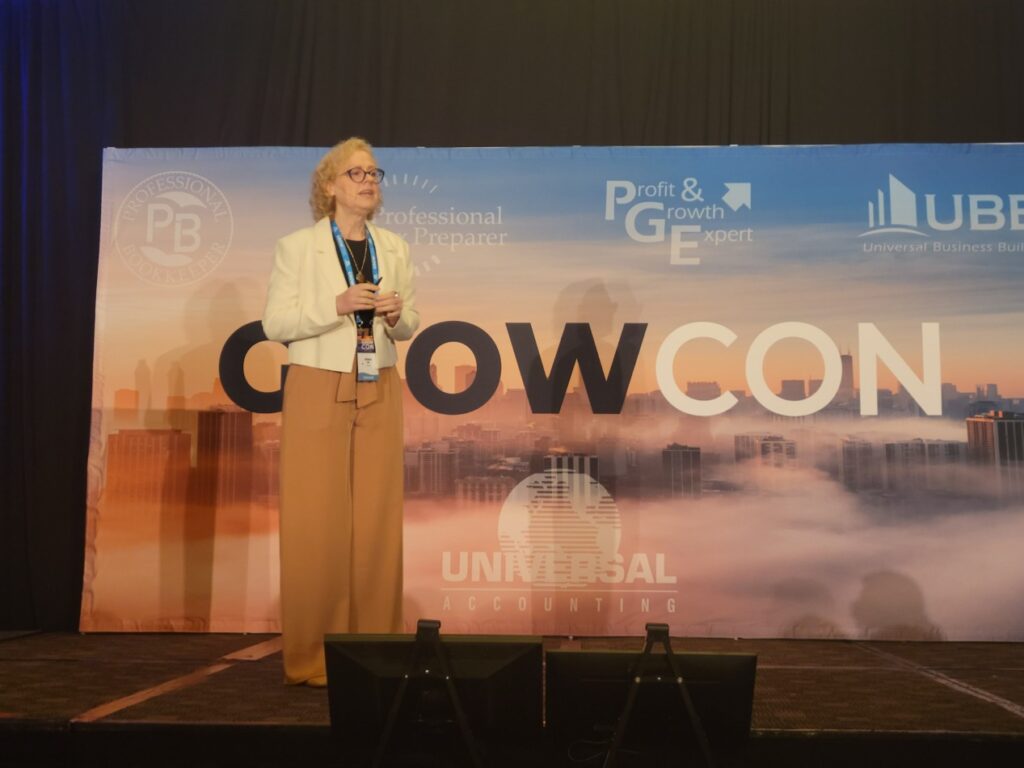 Admit it, you have probably daydreamed about what it would be like not to have to show up for your job and to be more in control of your life. So just quit and be free! I know, let’s get real. Few of us have the money to live without the income that our current job provides. Ok, we need the money, but besides that, what is holding you to your job?
Admit it, you have probably daydreamed about what it would be like not to have to show up for your job and to be more in control of your life. So just quit and be free! I know, let’s get real. Few of us have the money to live without the income that our current job provides. Ok, we need the money, but besides that, what is holding you to your job?
From the time that you were a kid, if you are like most people, your life plan probably included education so that you could get a "good job". What makes a job good? Perhaps it is a great income to do the kind of things that you like to do in your off-time. It may include good health benefits, retirement, or other company perks.
What Keeps You At Your Job?
To know if the job you are at is really where you ought to be, first you have to know why you are there in the first place. If the reason that you showed up for work today is because that’s where you went to work the day before, maybe it’s time to analyze what’s in it for you to stay. For many, a traditional job strikes a balance between risk and reward that they are satisfied with. Note that I didn’t say "happy with". It pays the bills and gets one by, but maybe that’s all it does.
When you know what holds you to your present job, you can also know if you are staying for the right reasons. Maybe you are, so let’s find out.
Income
Probably the number one reason that one stays at a job is that it supplies the income necessary to pay the bills. Hence the term, "It’s a living." So the question to ask is, "Am I staying here because the income is what I want, or because I don’t have another income source presently."
Are you really making the kind of money that you would like to make? When you get a raise, does it really get you closer to your financial goals? In a previous article, it was shown that if you get a 5% raise each year, which is considered very good in most companies, once you factor in inflation, 10 years from now, you will only earn about 10% more in today’s dollars than you do now. Is 10% enough to change your lifestyle? Is it likely that your expenses 10 years from now might be 1/10th more than they are today? Probably.
So again, are you getting the money that you want and deserve, or is your employer paying you just enough to keep you?
Stability
A popular reason for staying with a company that may not be meeting your needs is the perceived stability of working for a single employer for a long period of time. Your grandfather might have lived in a time where you put in your 40 years and got your gold retirement watch, but those days are not much more than a memory today. Fewer and fewer employees manage to work their entire career for a single company and retire with them.
The landscape of business has changed. Corporate layoffs, restructuring, downsizing, and reorganizations make the likelihood of a single-company career very unlikely. Companies of any size are often slaves to their own shareholders. They are required to make decisions to affect this quarter’s profits. Often the ordinary working person is the one to pay the price.
If you stay with your present employer because of employee loyalty, just realize that your employer may not feel that same loyalty to you. Earlier in my career, I worked for Hewlett Packard for about seven years. HP was well-known as one of the best companies in technology to work for. Most employees that I knew there felt secure that there had not been a layoff at the company in the traditional sense for many years. As long as you were willing to relocate to another division, you pretty much had a job for life. At least, that’s what the expectation was. When I left HP to pursue a promotional opportunity that I couldn’t get within the company, my co-workers thought I was crazy. Nobody left the security that HP provided willingly. Well, that was then. The division of HP that I left has since all but disappeared, leaving many of the employees with very uncertain futures. The employees were loyal to the company, and many of them passed up opportunities elsewhere, clinging to the perceived security of a big company.
Insurance
Especially if you have children, one of the biggest benefits that a company often provides is health insurance. It can be expensive to purchase your own insurance, so many employees feel that they don’t have a choice but to stay where they are at. However, you may want to consider how many companies are reducing their health insurance benefits and buying into plans with less coverage and higher co payments and deductibles. Many are paying a lower percentage of the premium costs as well, passing on a higher percentage of the total premium to be paid by the employees themselves.
For the self-employed, there are many options for purchasing your own insurance. In many states, you can buy into group coverage with organizations for the self-employed. When I worked as a free-lancer, I didn’t have my own insurance, but I was able to find discount plans that often rivaled insurance once I considered the co payments. One in particular that I used gave up to a 50% discount on various services and medications. Also, for uninsured patients, one can often get deals with a hospital’s billing office of up to 50%. In one case, I actually paid more with insurance for one surgery than I would have paid with an uninsured patient discount. While there are many considerations, health insurance involves more than "yes you have it" or "no you don’t". Still, for many of us, good health insurance is a big consideration. Just know that you have options, even if self-employed.
Promotional Opportunities
Many large companies provide "move up" opportunities within the company. Some of the companies that I have worked for have "hire from within" objectives as encouragement for employees to stay. As long as you are not passing on opportunities now for ones that might happen later, this can be a motivator to stay right where you are. Just know that others are likely shooting for that position as well, so keep your options open.
You Enjoy What You Do
The fact is that I am one of these people. With a million dollars in the bank, I would still do the kind of work that I do now. If this fits what you do, this may be the strongest motivator to stay where you are. Just take into consideration that you might be able to do what you like to do and get paid better for it or to have an even better work environment. If you love what you do, you are doing better than most, so I hope this is the case.
Why Might You Want to Move On?
One could take the topics above (income, stability, insurance, etc.) and create reasons why not to stay based on their opposites (not enough income, instability, etc.). In addition, there are a few more that may apply.
No Say In What Happens at Work
It can be very frustrating to see a problem and have no power to fix it. If you do not occupy a management position in many companies, your ability to affect positive change can approach zero. When you work for yourself, one of the biggest advantages that many find is that they can see a problem and fix it. No committees, signature loops, no board meetings. You can be assured that your ideas get implemented when you work for yourself.
Work Annoyances
These include personality conflicts, undesirable work shifts, company policies, work environment, or dozens of other factors. When weighing these kinds of very objective factors, it all comes down to how badly they irritate you. Is this something that you can accept and live with, or will it continue to fester and cause more and more problems. Sometimes these issues can compound until they become unbearable, while other times, you just accept that you can’t change them and move on. The key is to know yourself and to take a hard look at whether these issues are a bump in the road or if they will make you miserable over time.
Commute
If you commute an hour per day, five days per week, fifty weeks out of the year, that comes to 250 hours of time spent each year. Is your commute affecting the quality of your day adversely? Some people commute up to double that amount, which can really cut into their personal and family time. Even at an hour per day, that adds up to six full workweeks of potentially unpleasant time each year that you don’t even get paid for!
So, Stay or Go?
If you want to know whether you are where you should be or not, weigh the pro’s and con’s of your current job. Even if the negative aspects of your job outweigh the positive ones, you have to be honest with yourself and try to be as objective as possible. Some people will never leave the safety (or perceived safety) of their present job, no matter how they hate it. For others, the good simply outweighs the bad, so they stay.
Either way, know yourself and what you need to accomplish to be truly happy over the long run. Sometimes you have to leave what you know to find something better. As long as you have weighed your options and choose to stay where you are at now, you will know that you are doing so because YOU chose to, not because you were forced to stay.
Income Options
It might not surprise you to find that we are selling something. 😉 The Professional Bookkeeper (PB) course teaches you how to start your own successful Accounting and Bookkeeping service. The PB program teaches you how to make $35-$75 Per Hour helping small businesses manage their money, and you can get started without quitting your current job. If that kind of income is appealing to you and you can find the drive to make a change, we will show you the step-by-step process that thousands of our graduates have followed to financial success.
They love the freedom of working for themselves and making a great income. Maybe you would too.
Learn More About Starting a Successful Accounting Service With the Professional Bookkeeper Program










